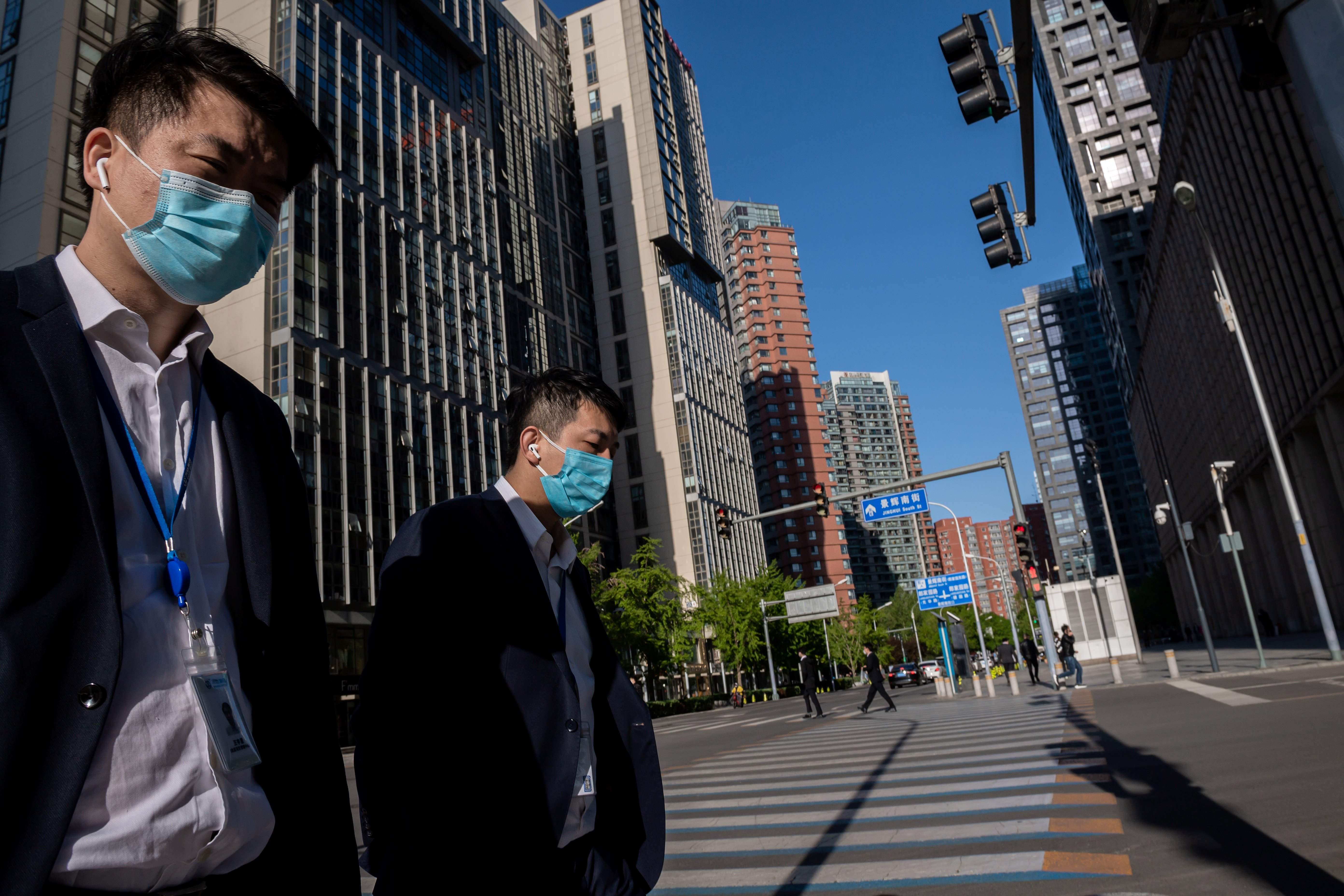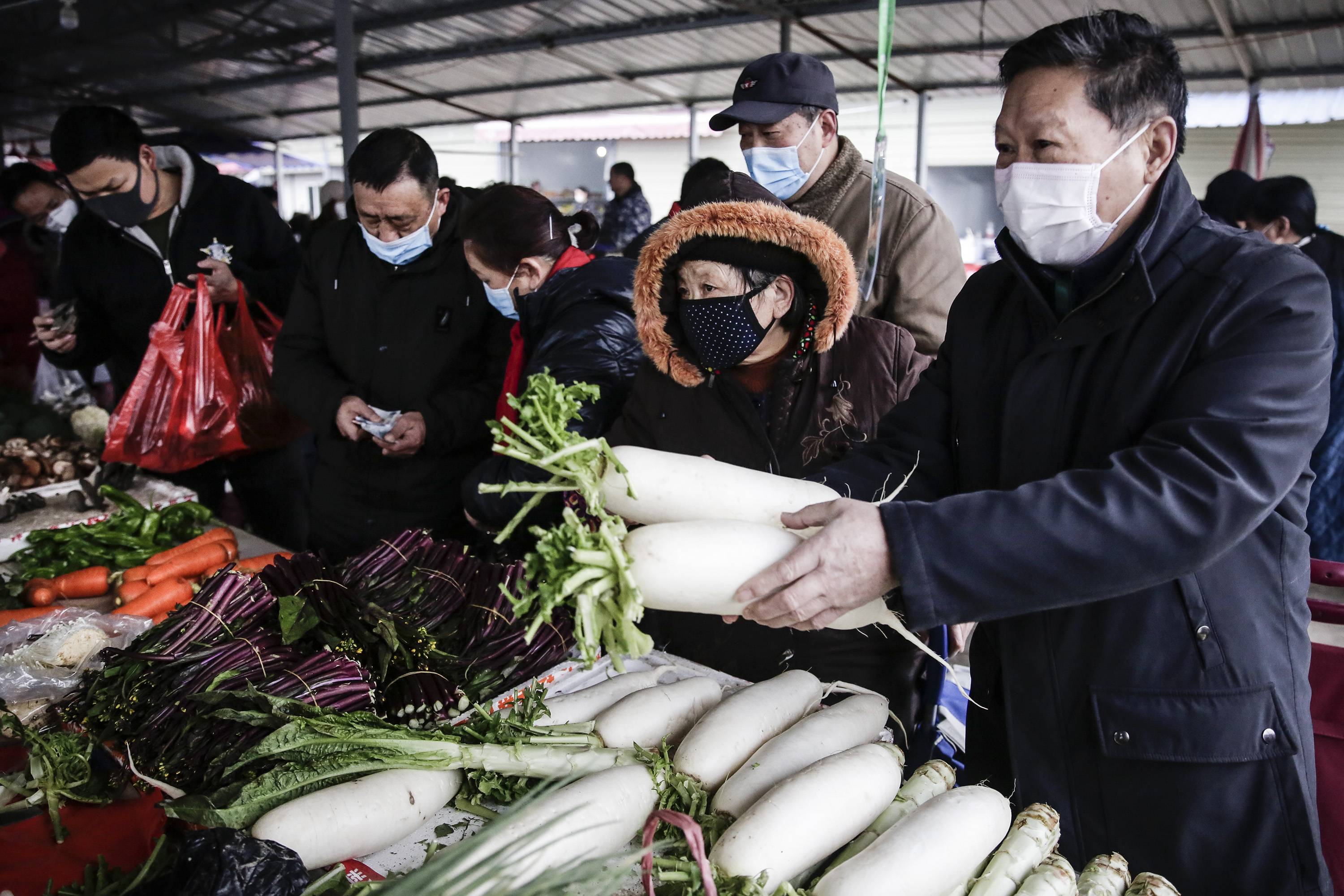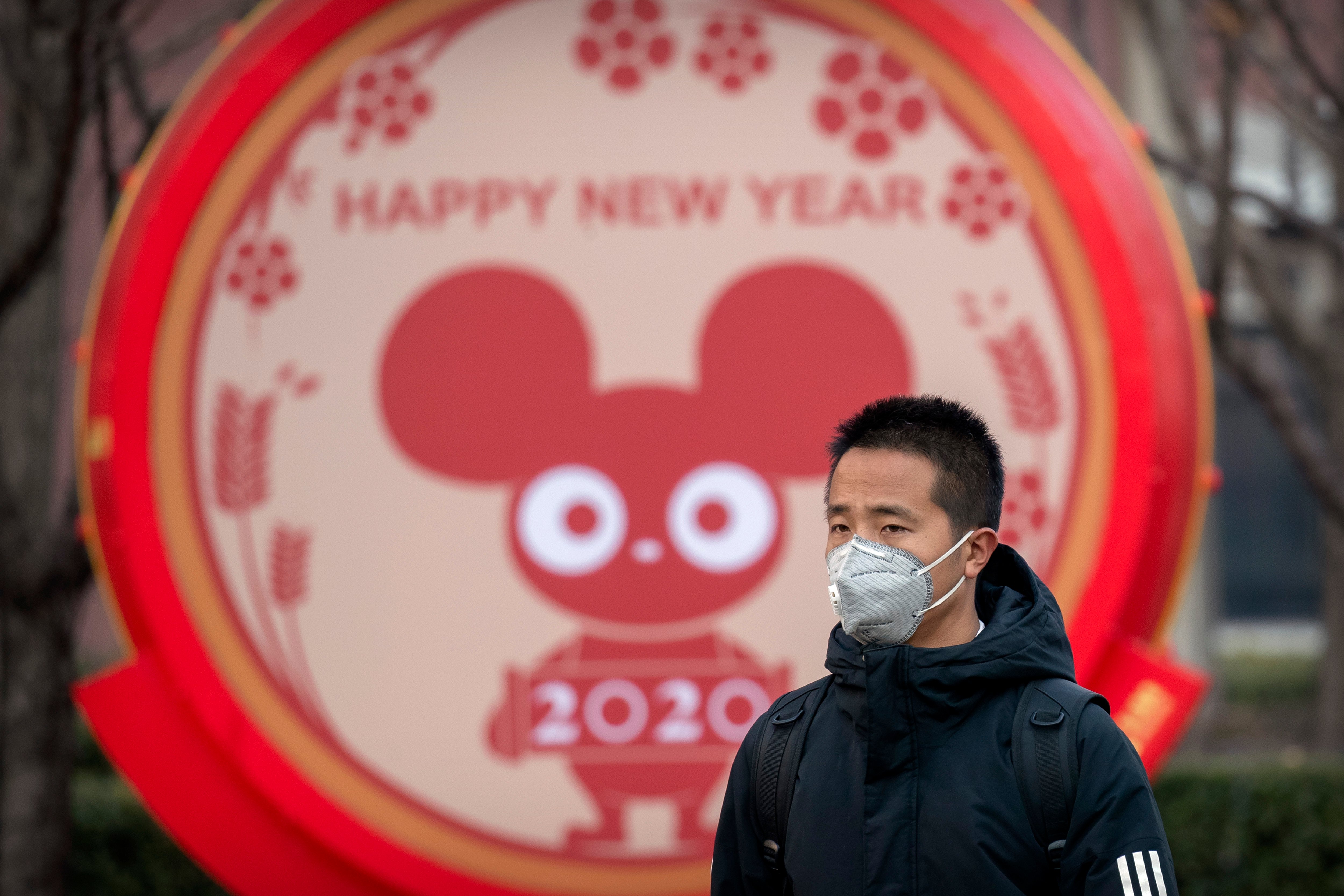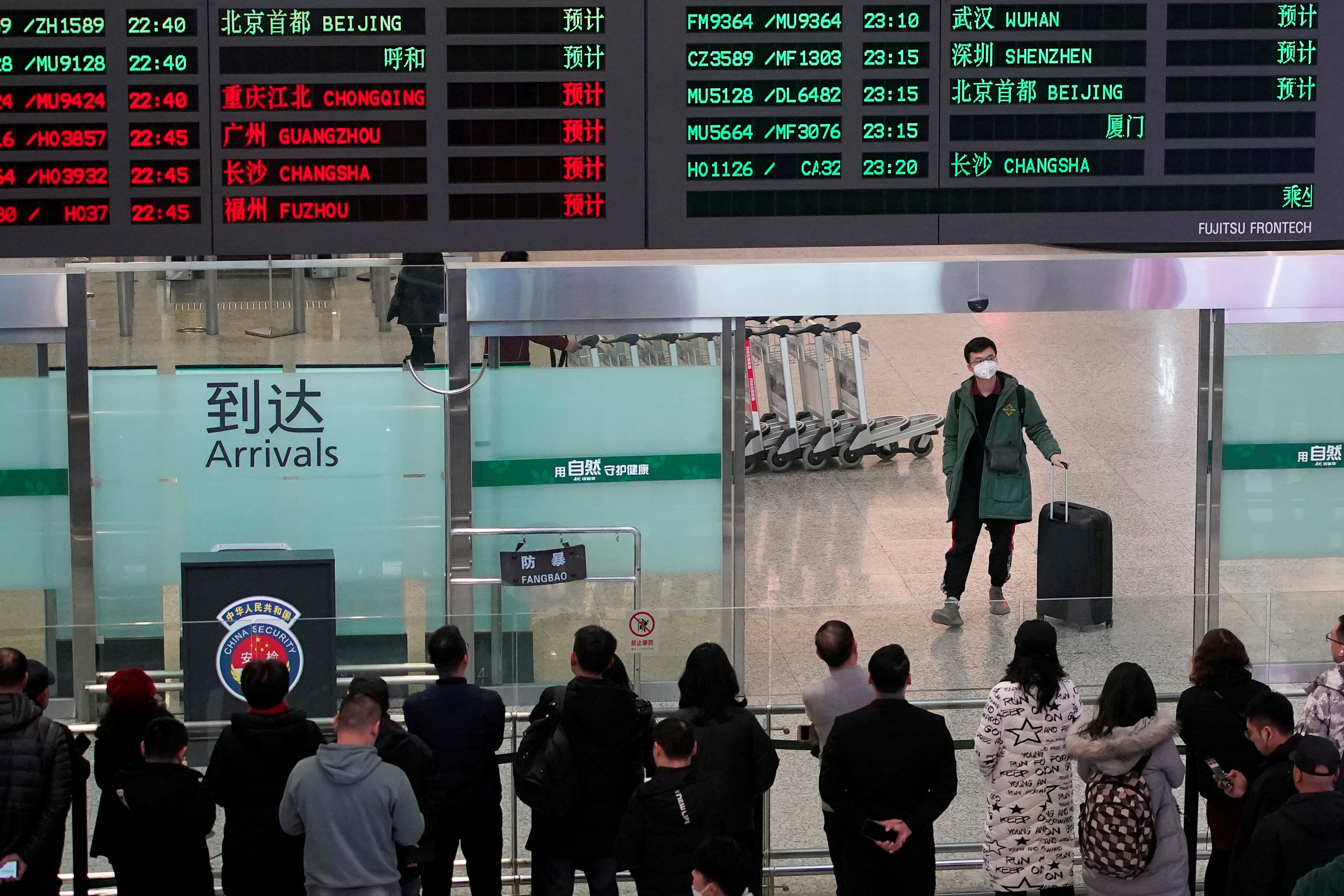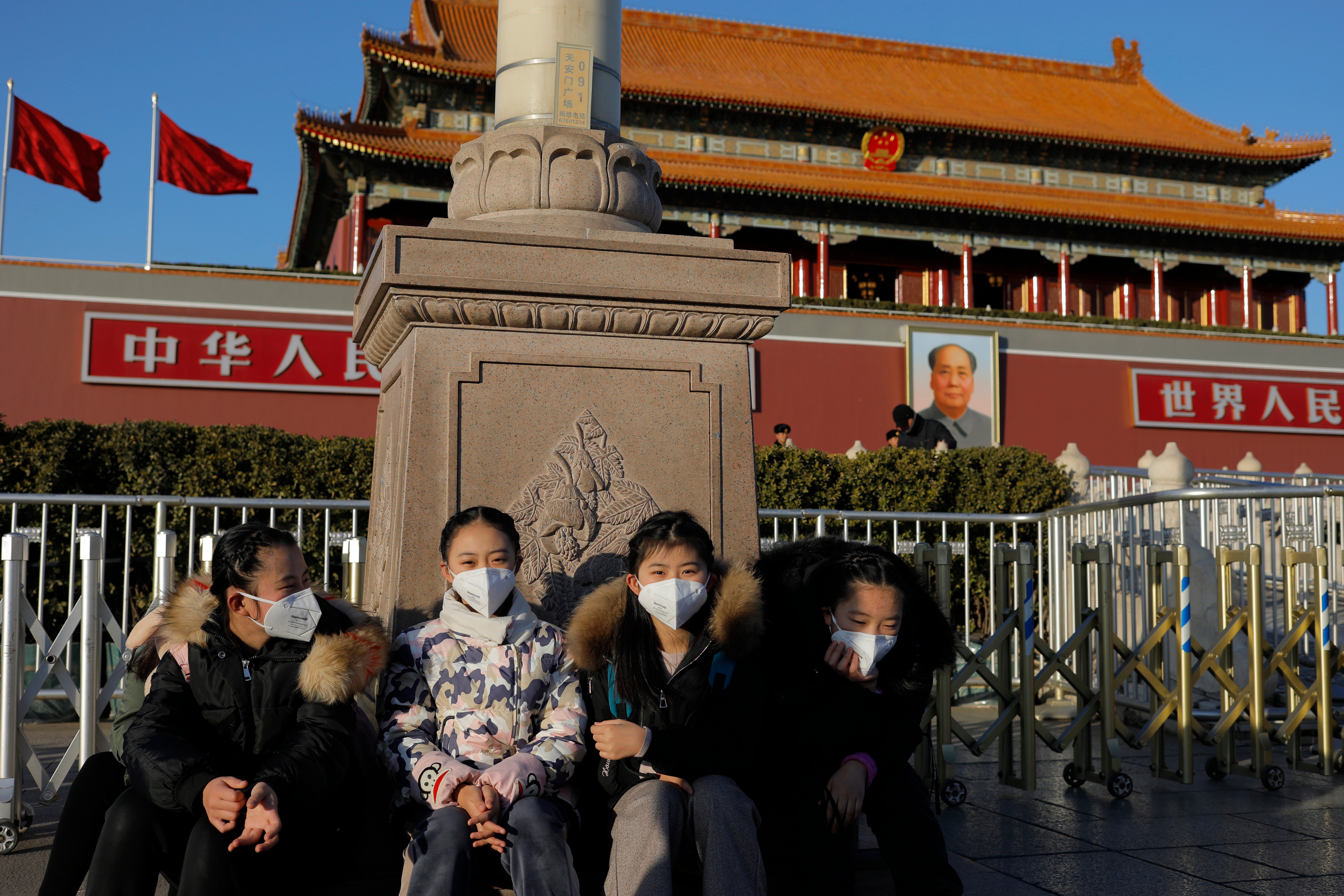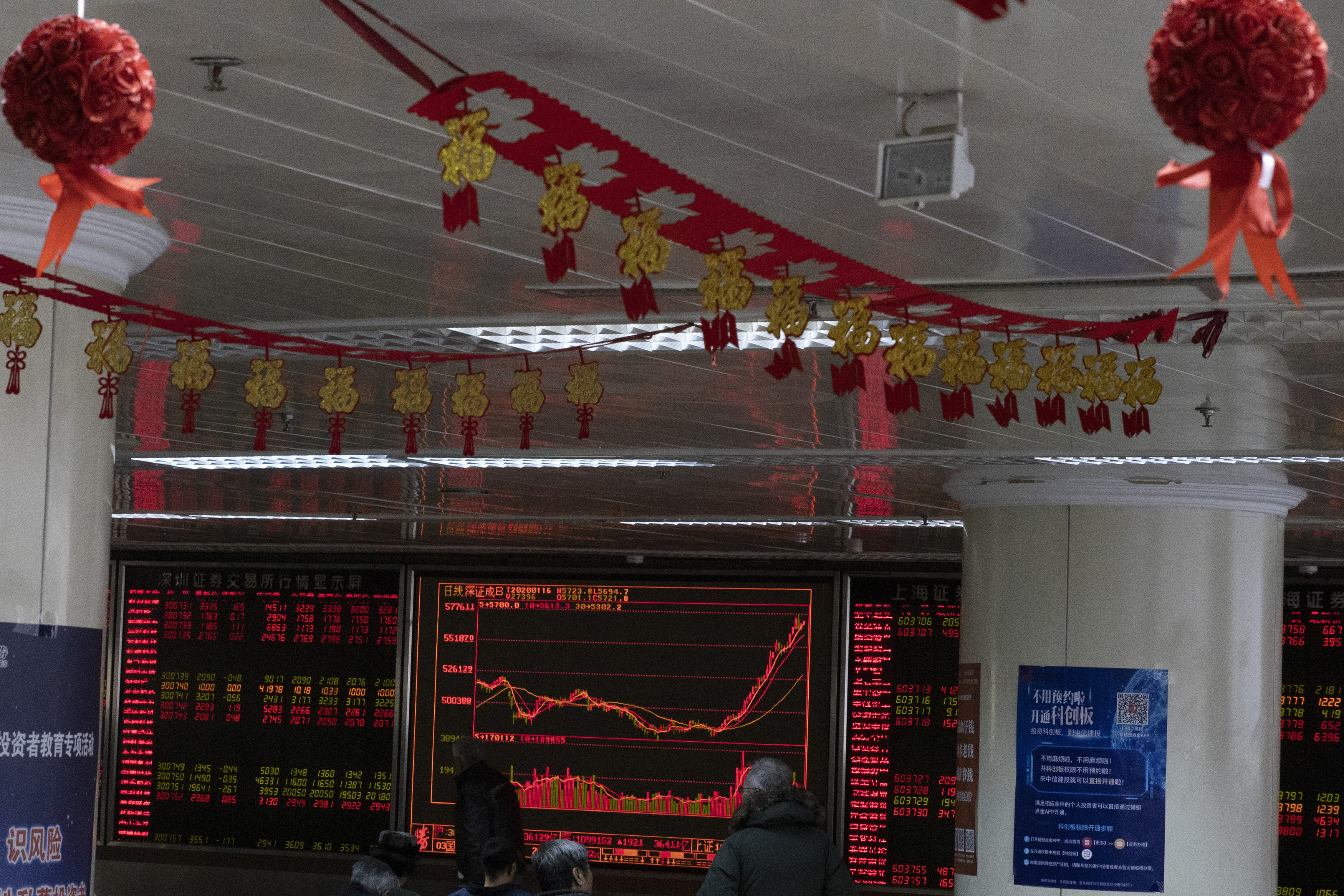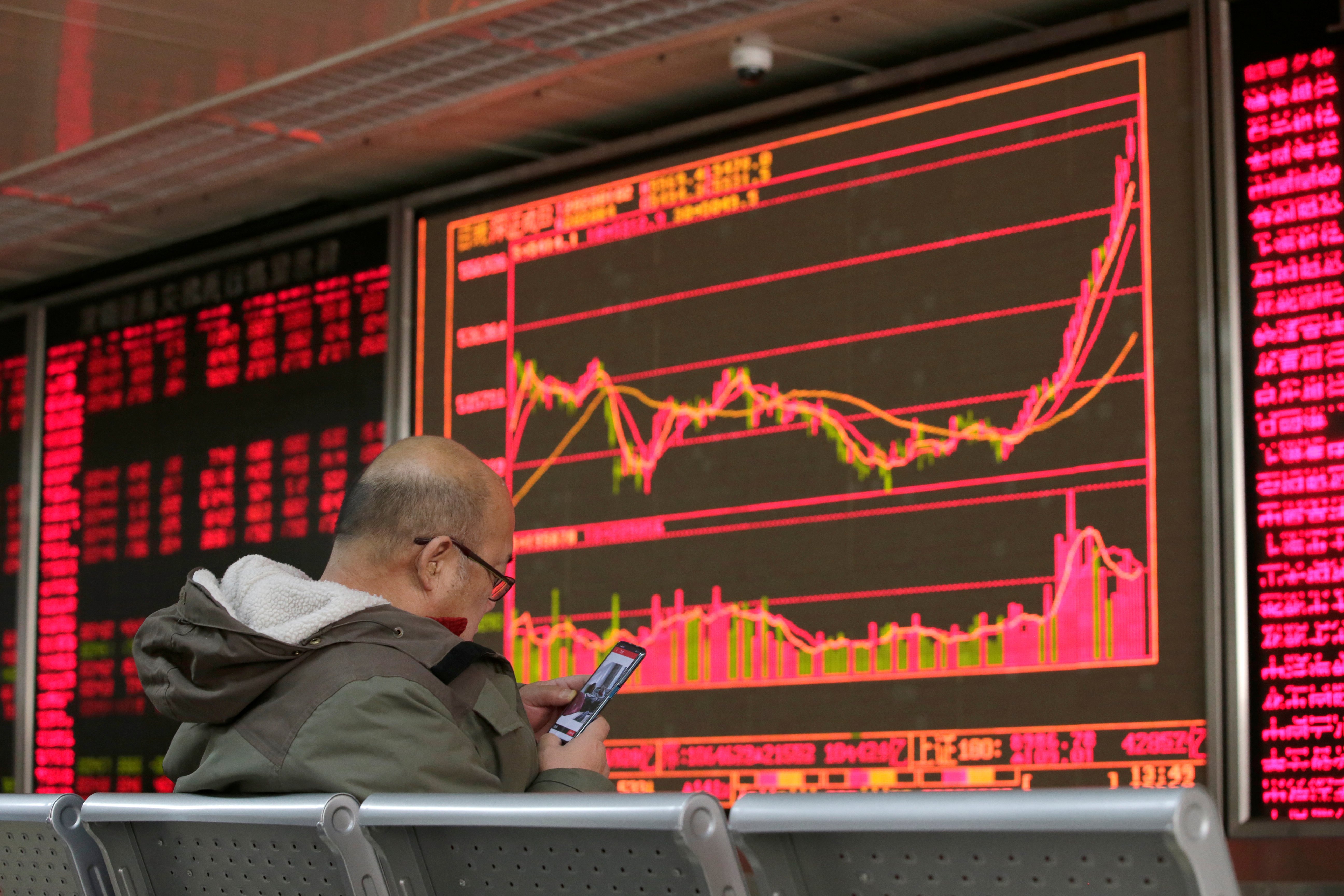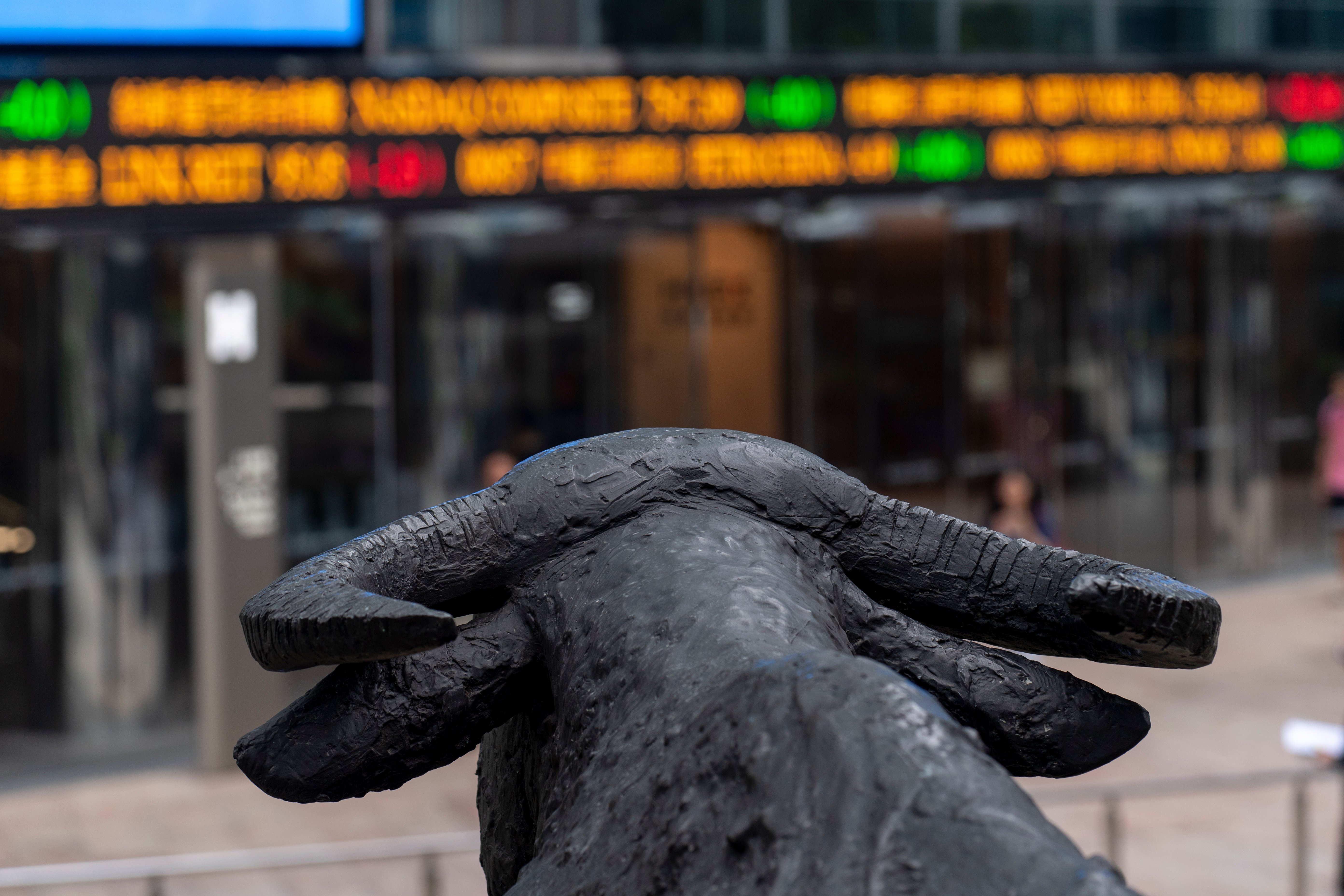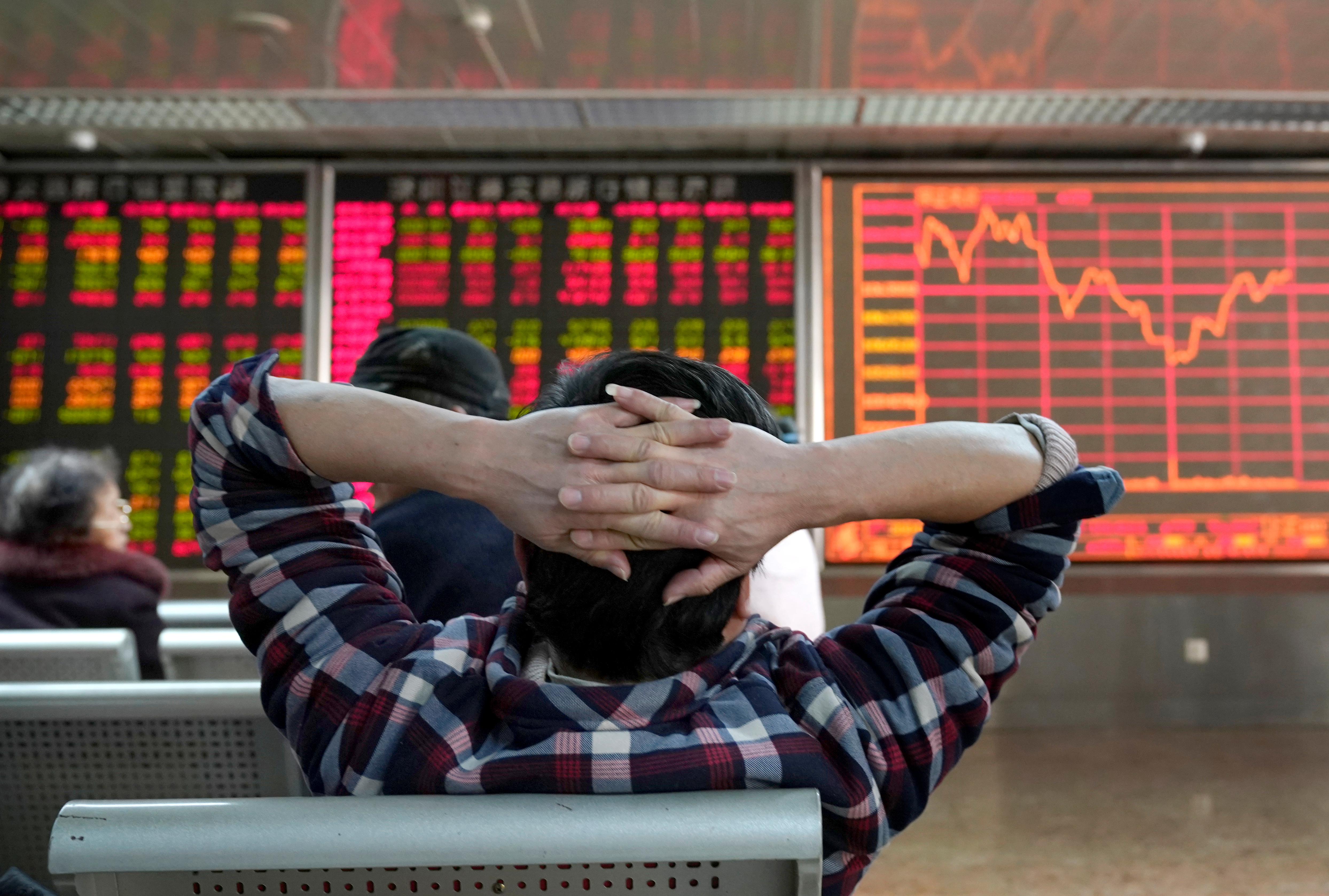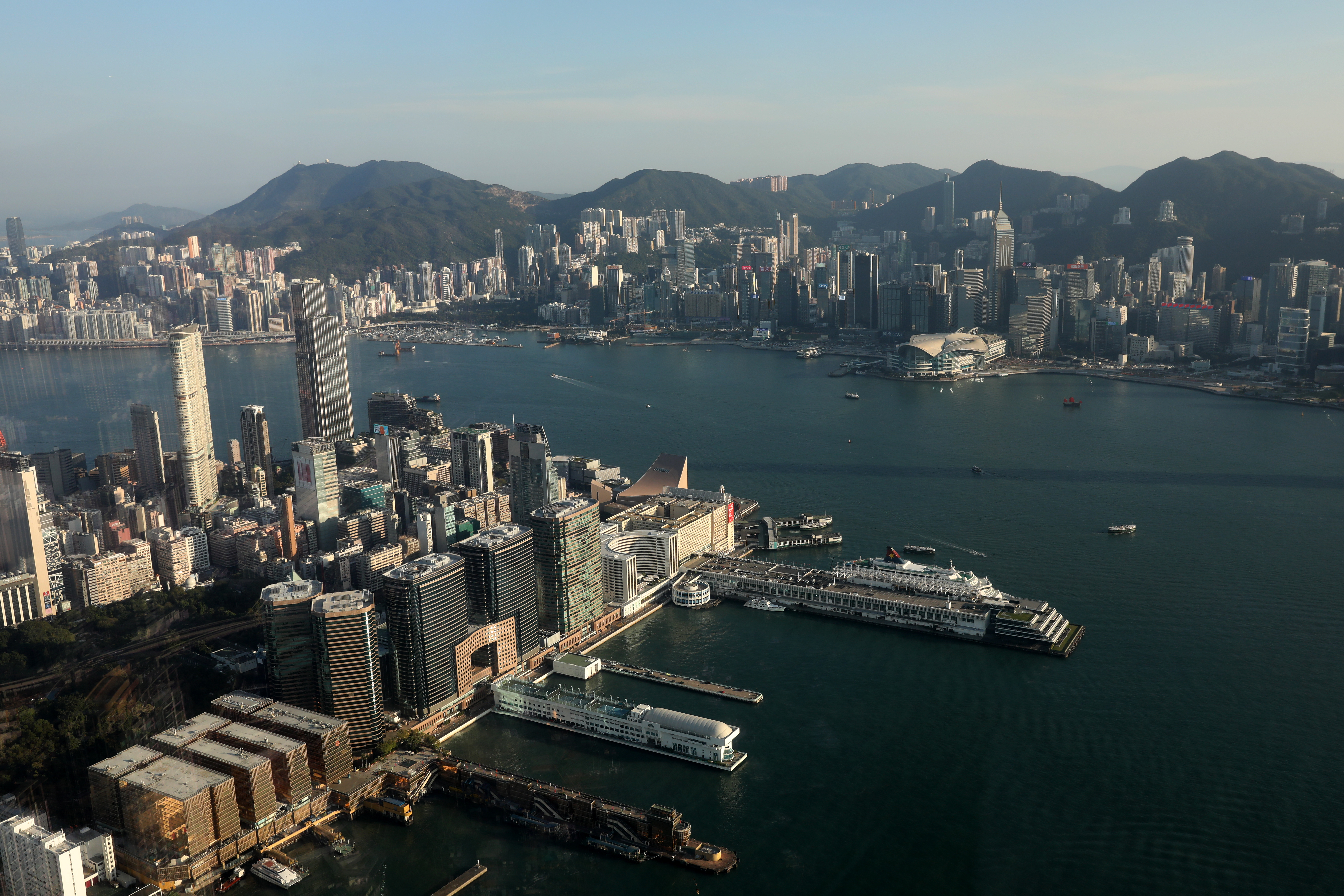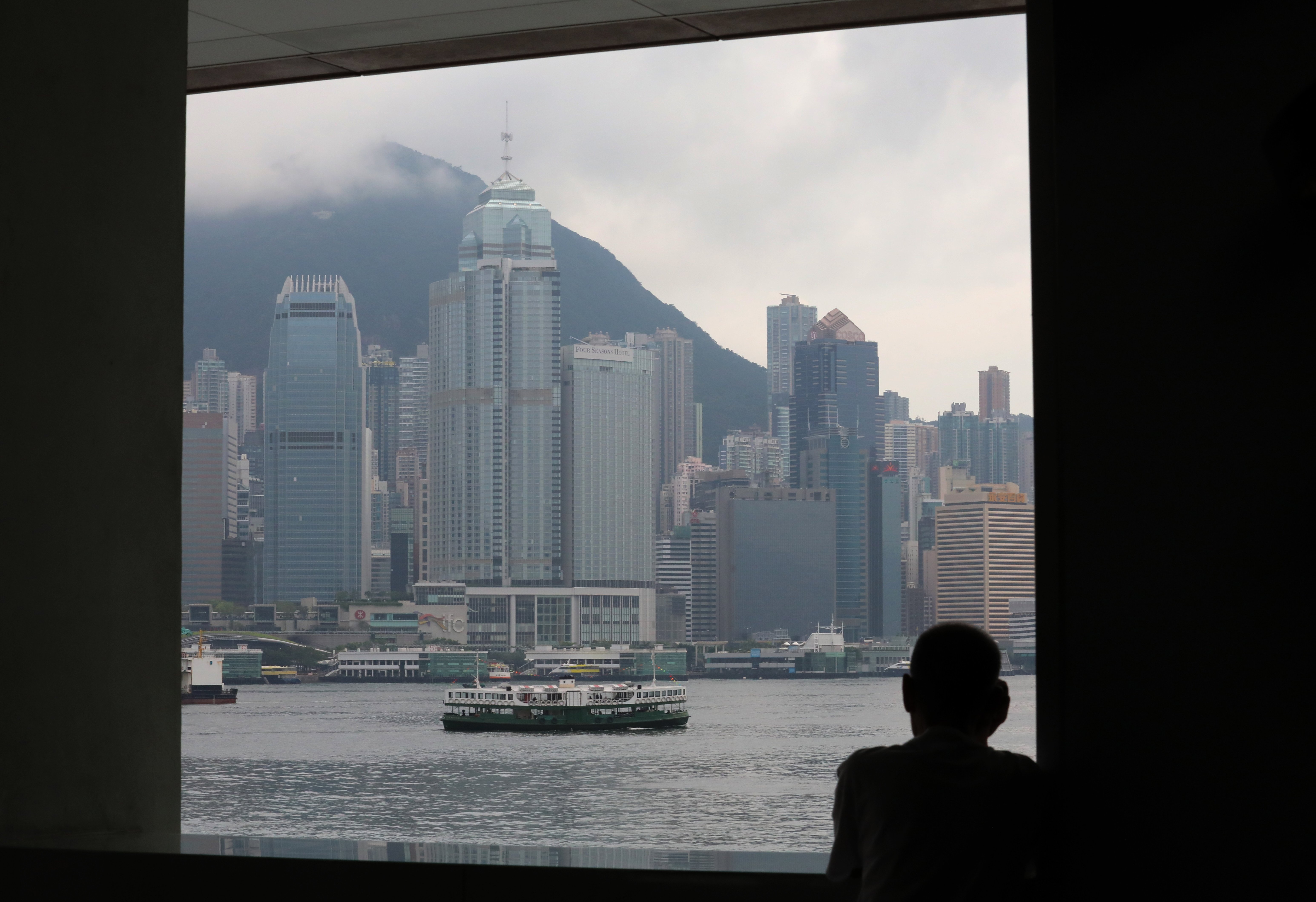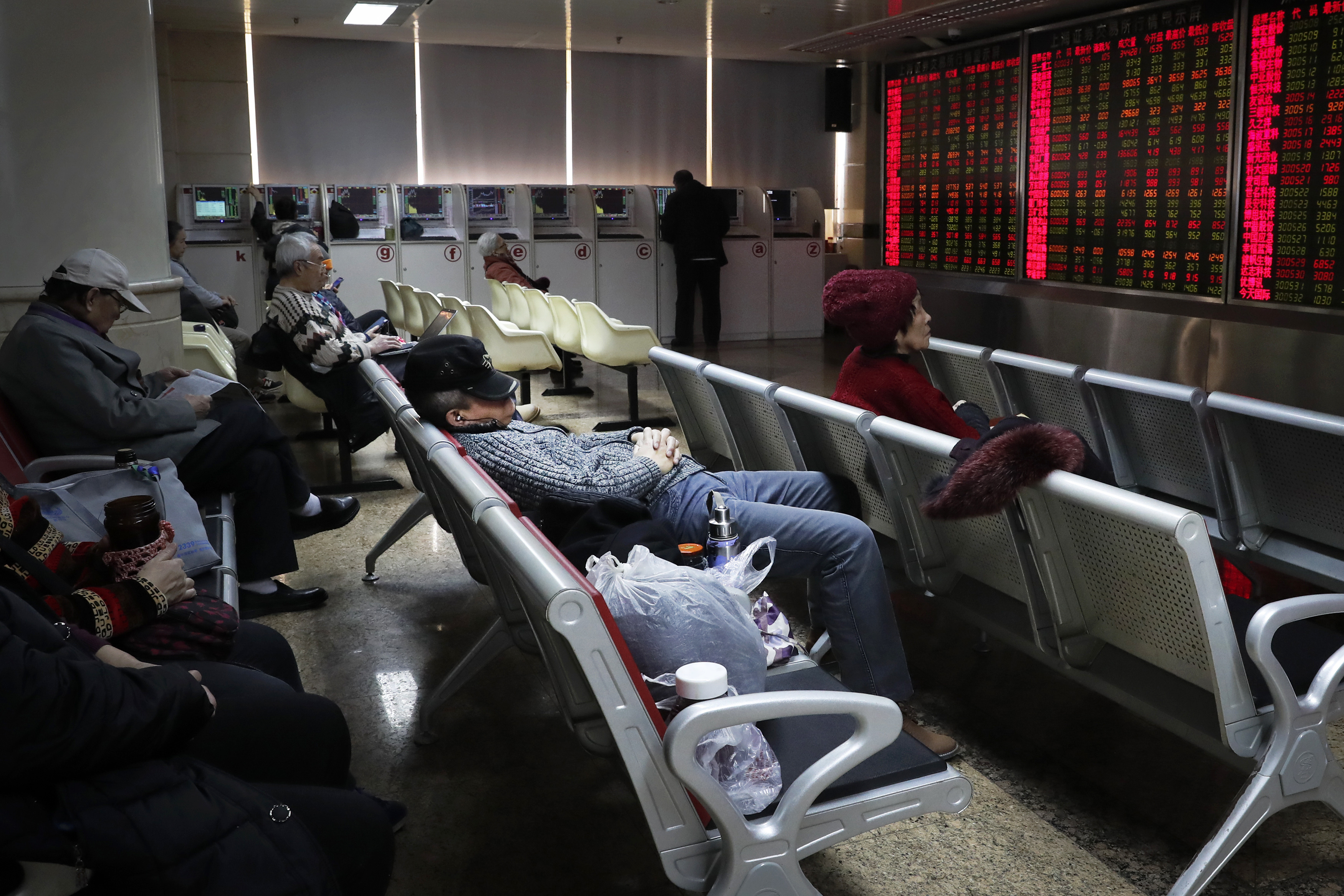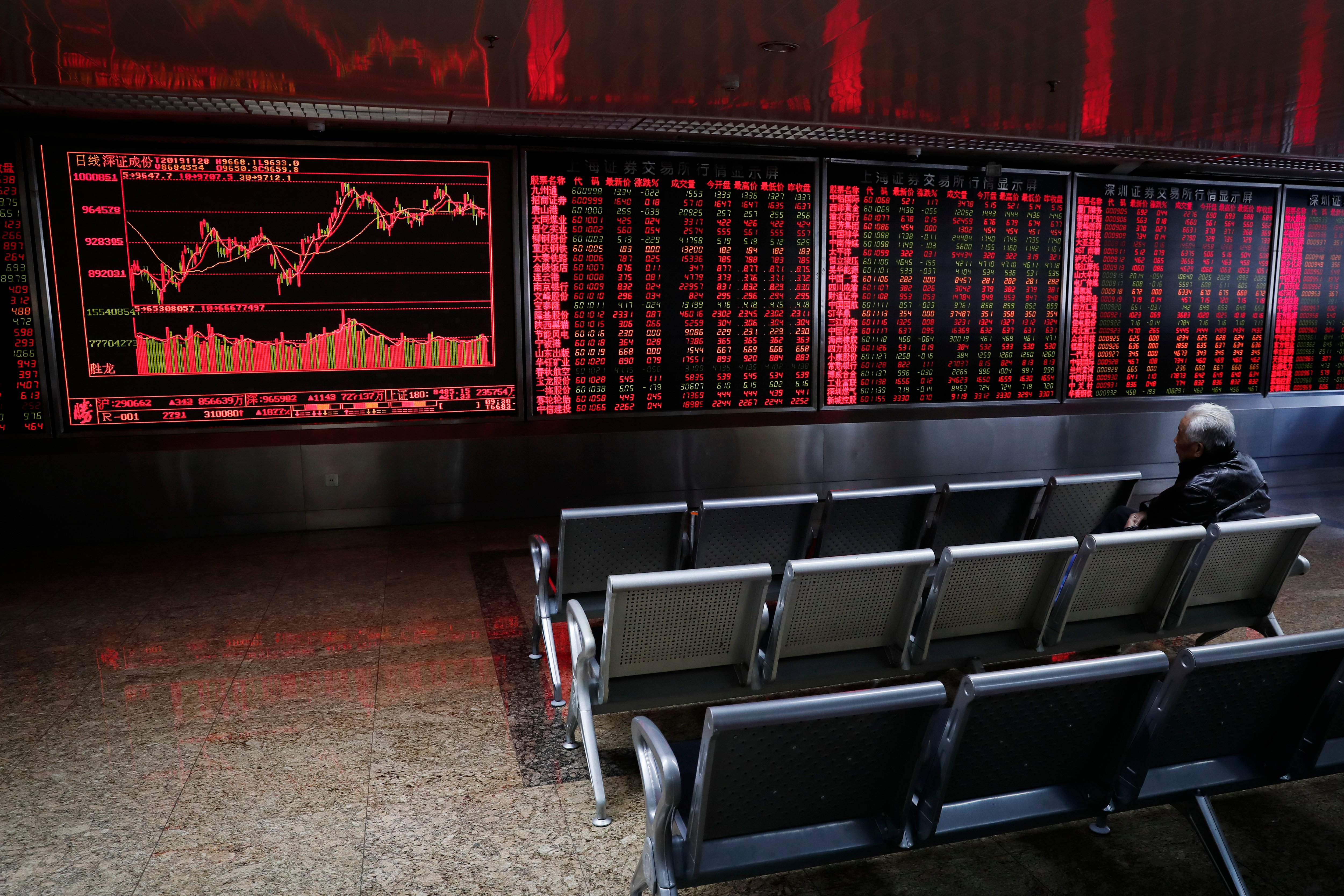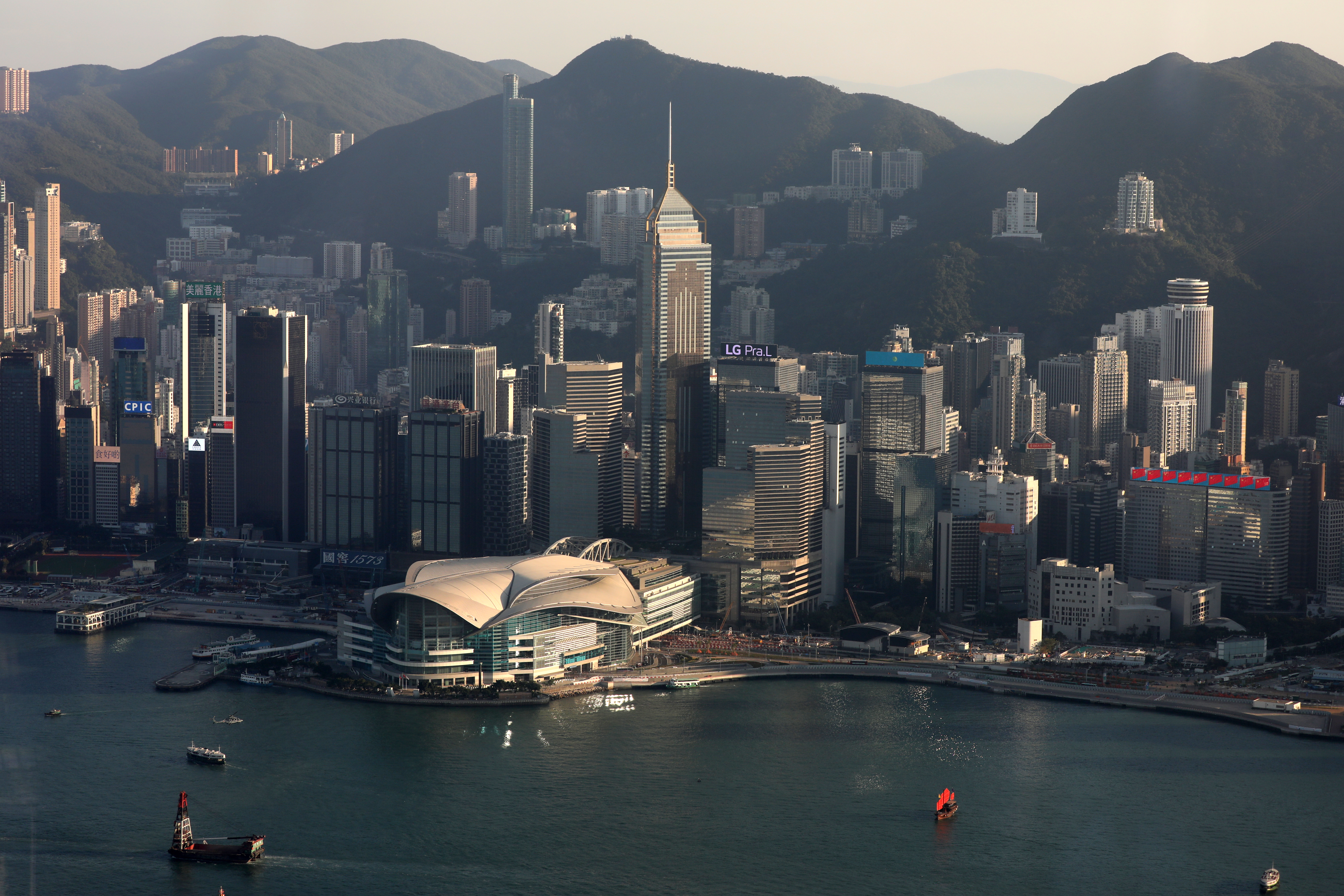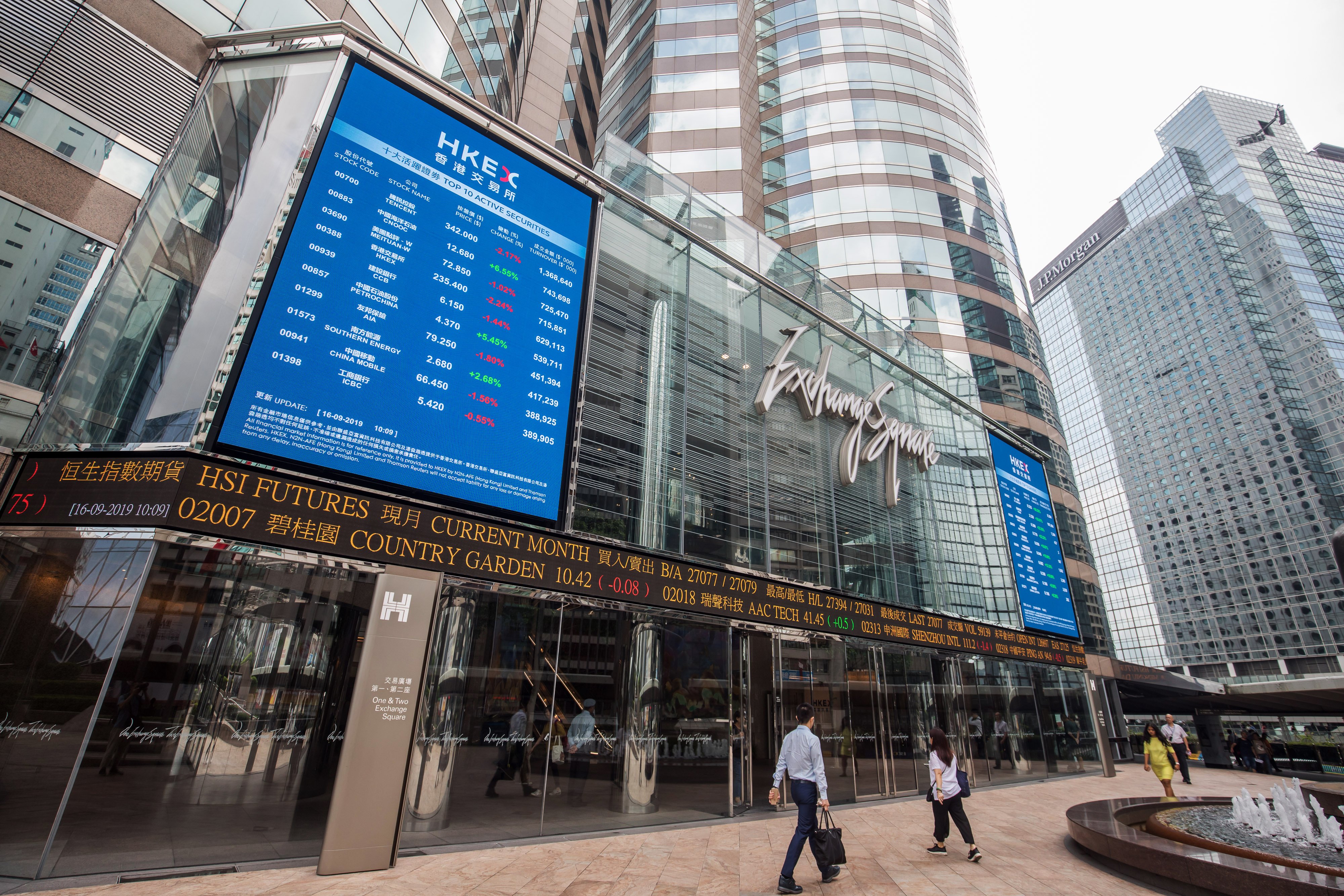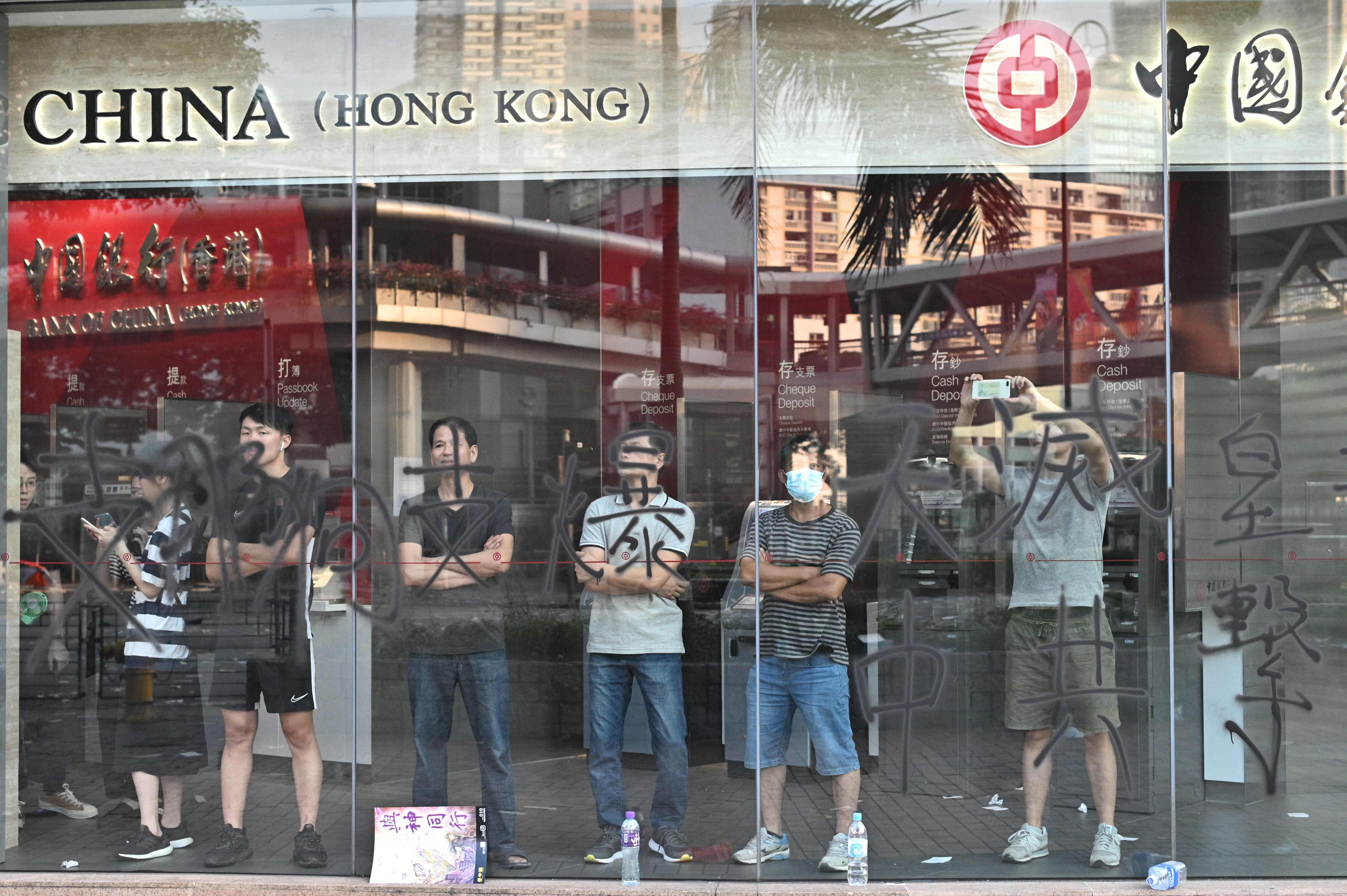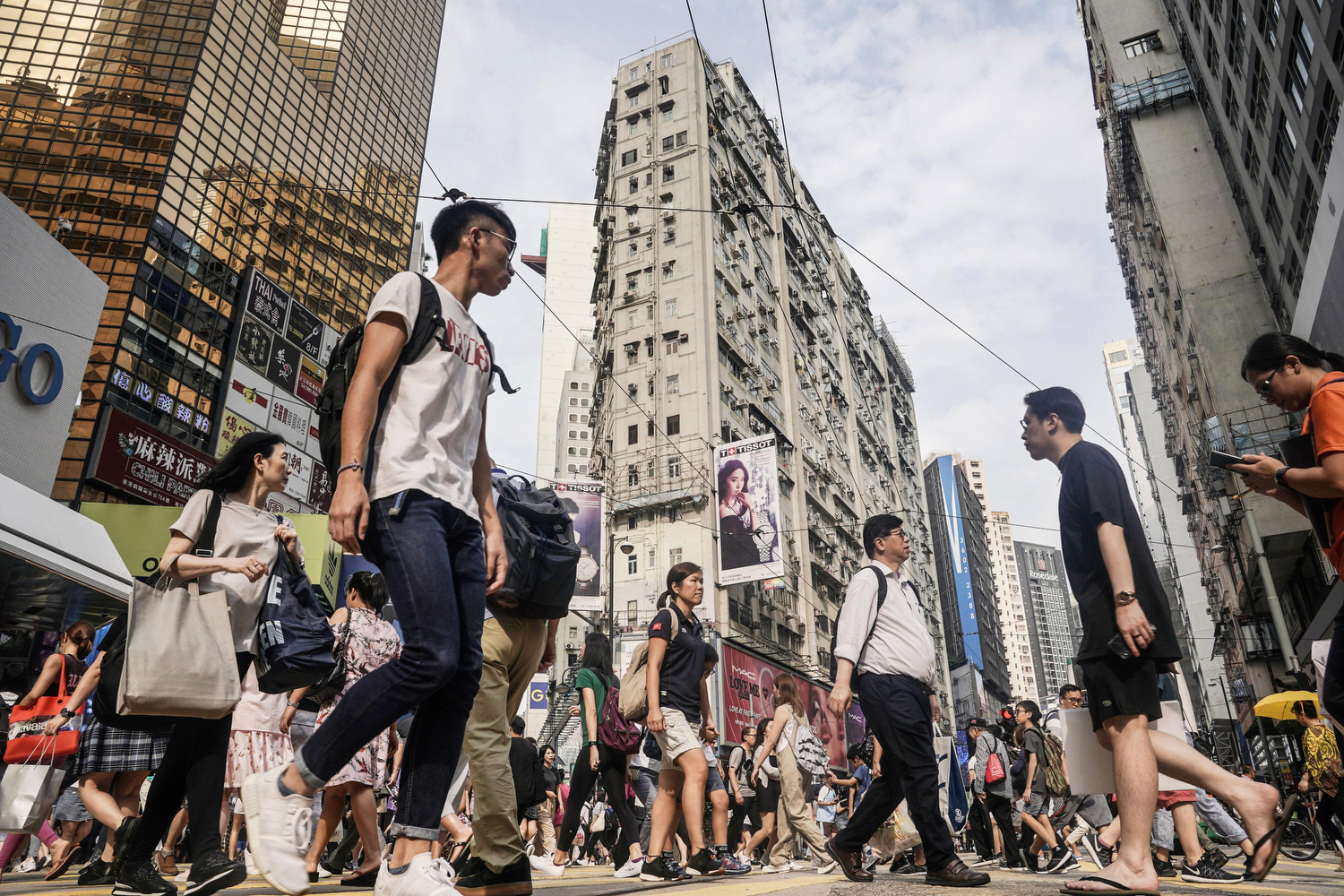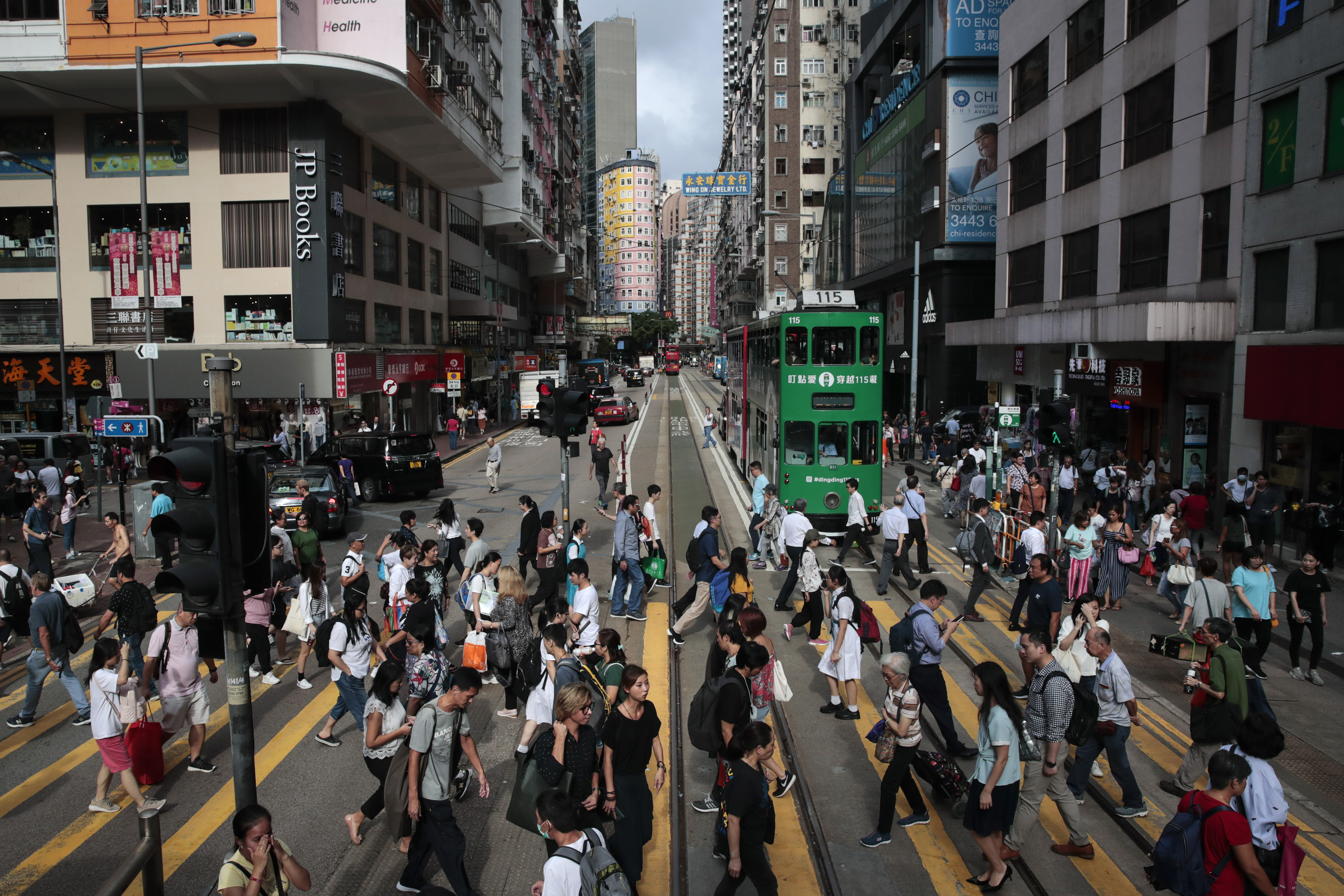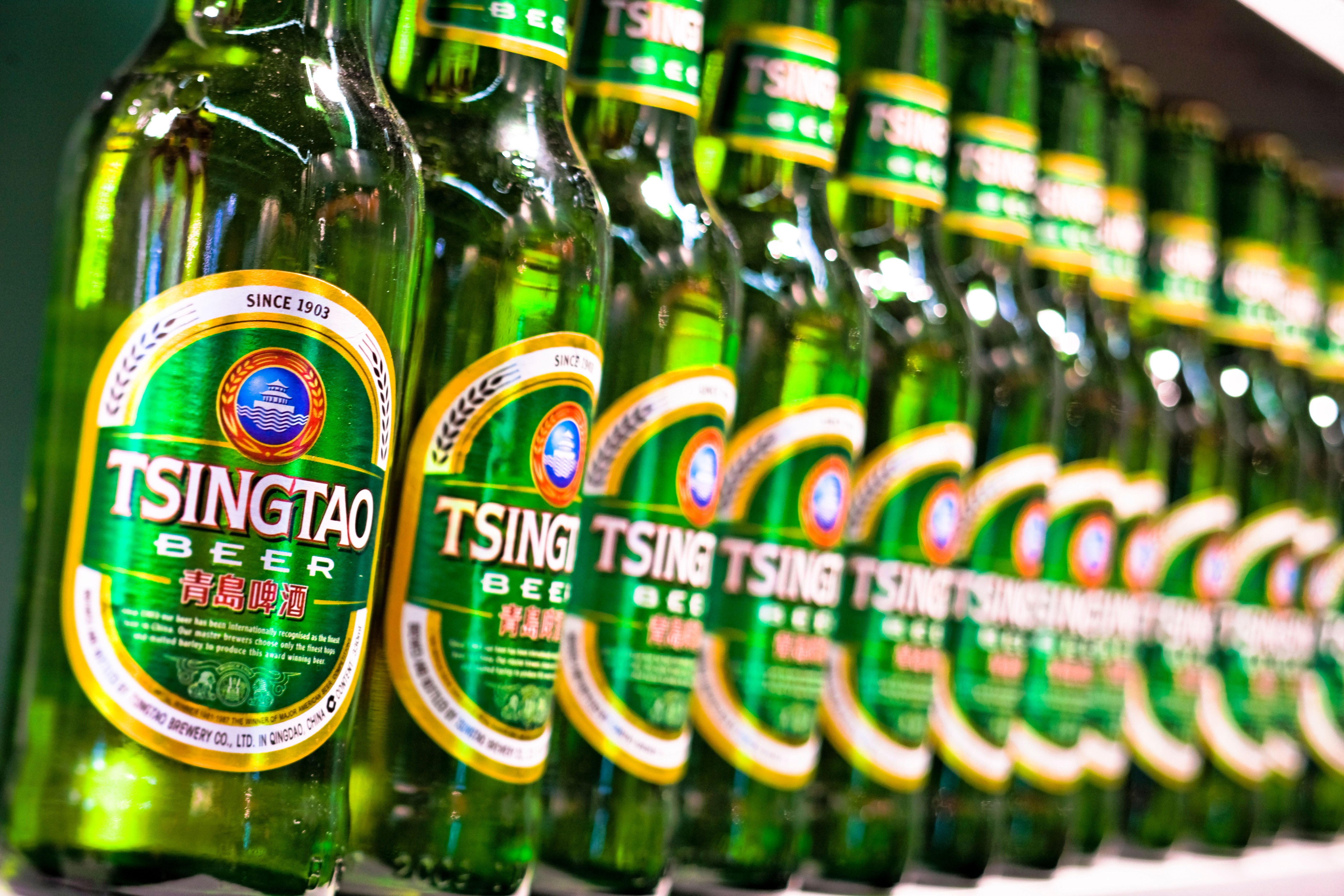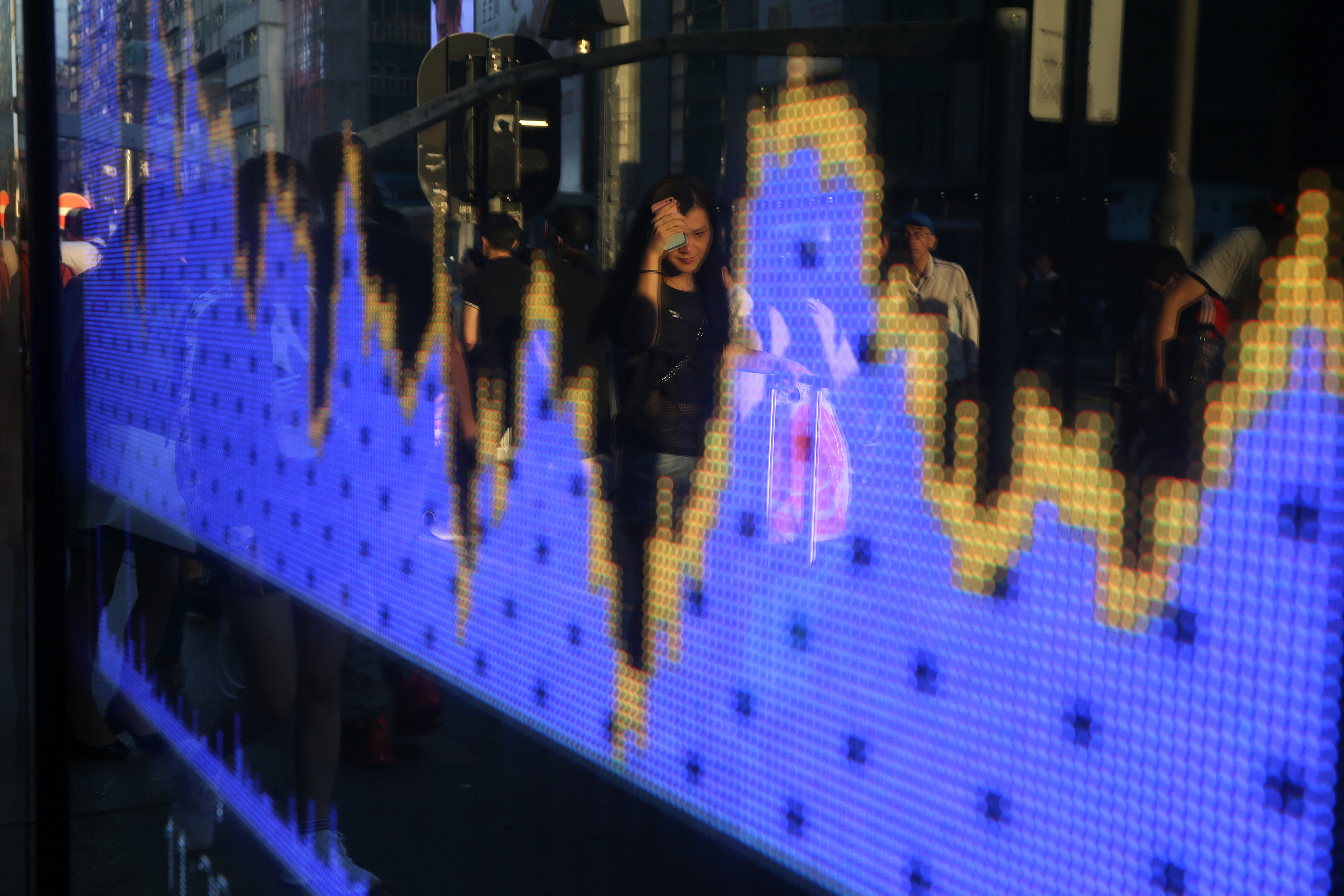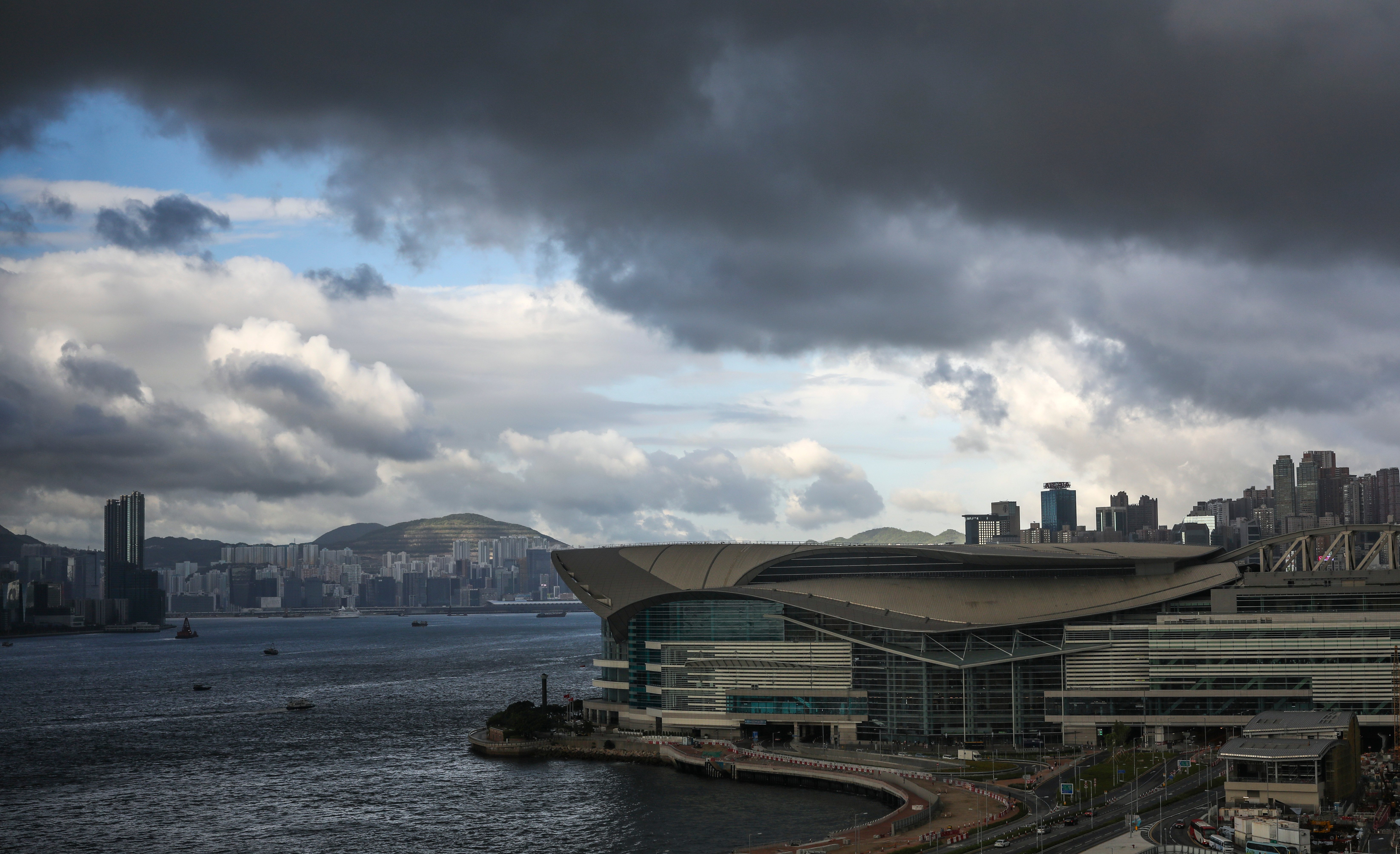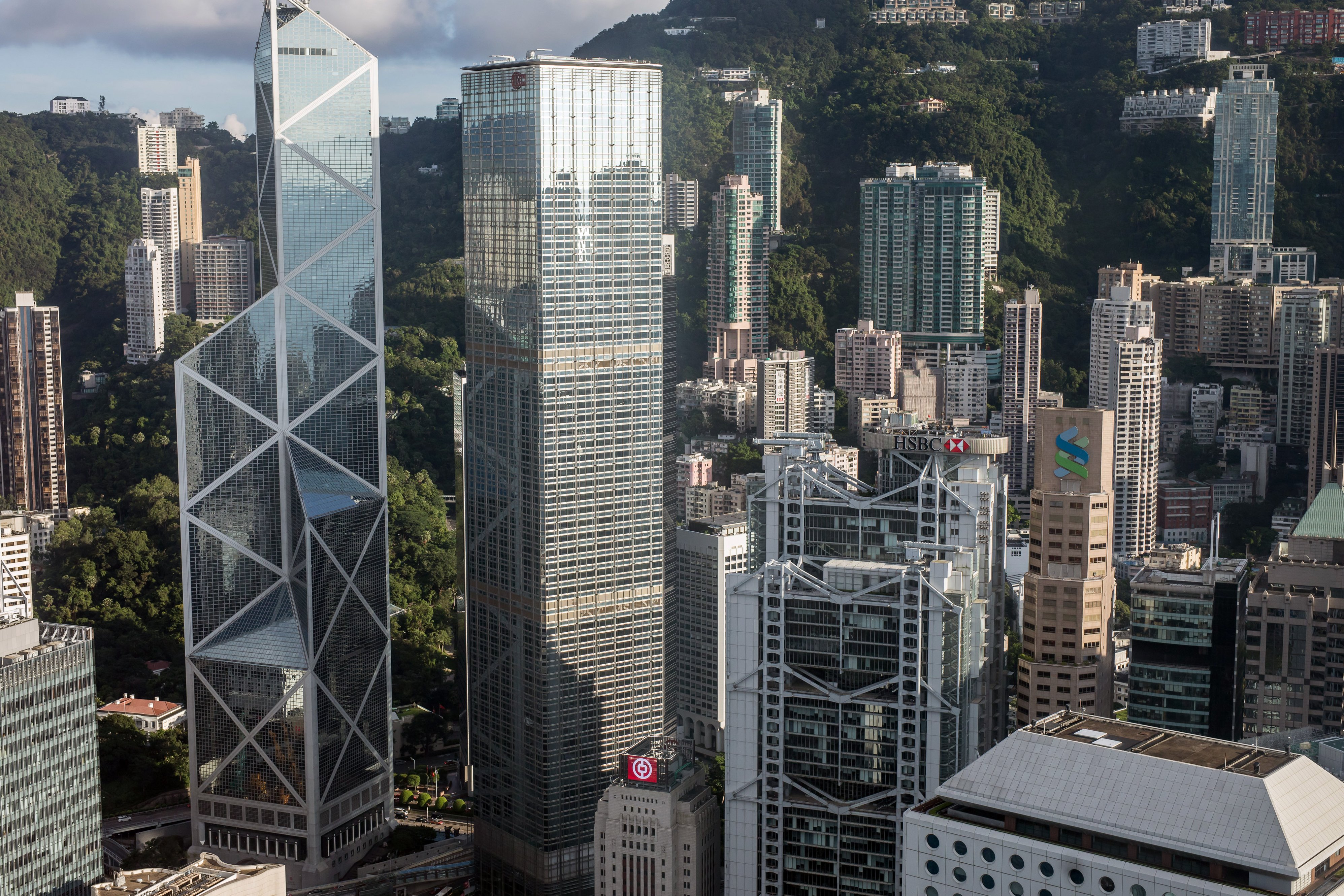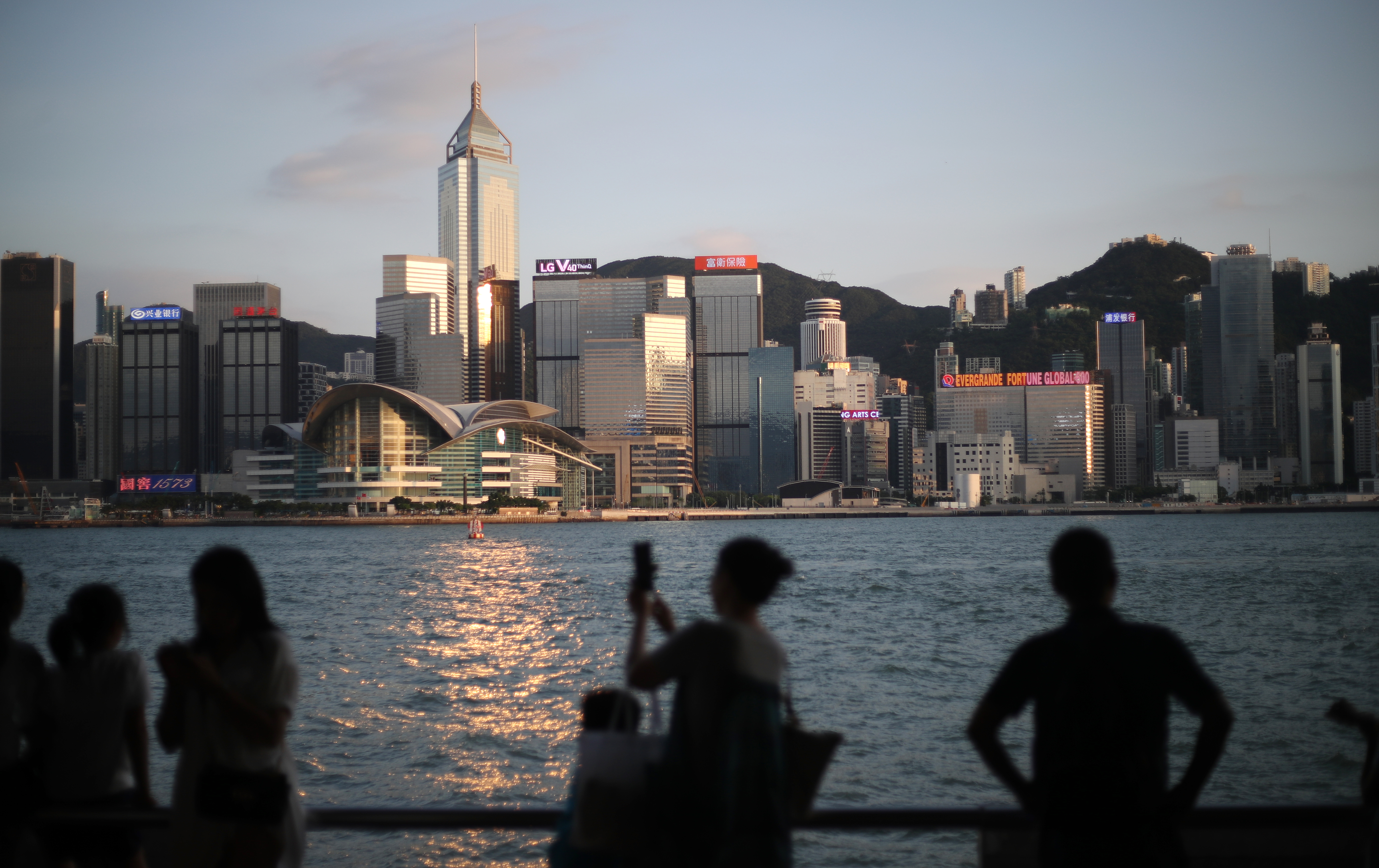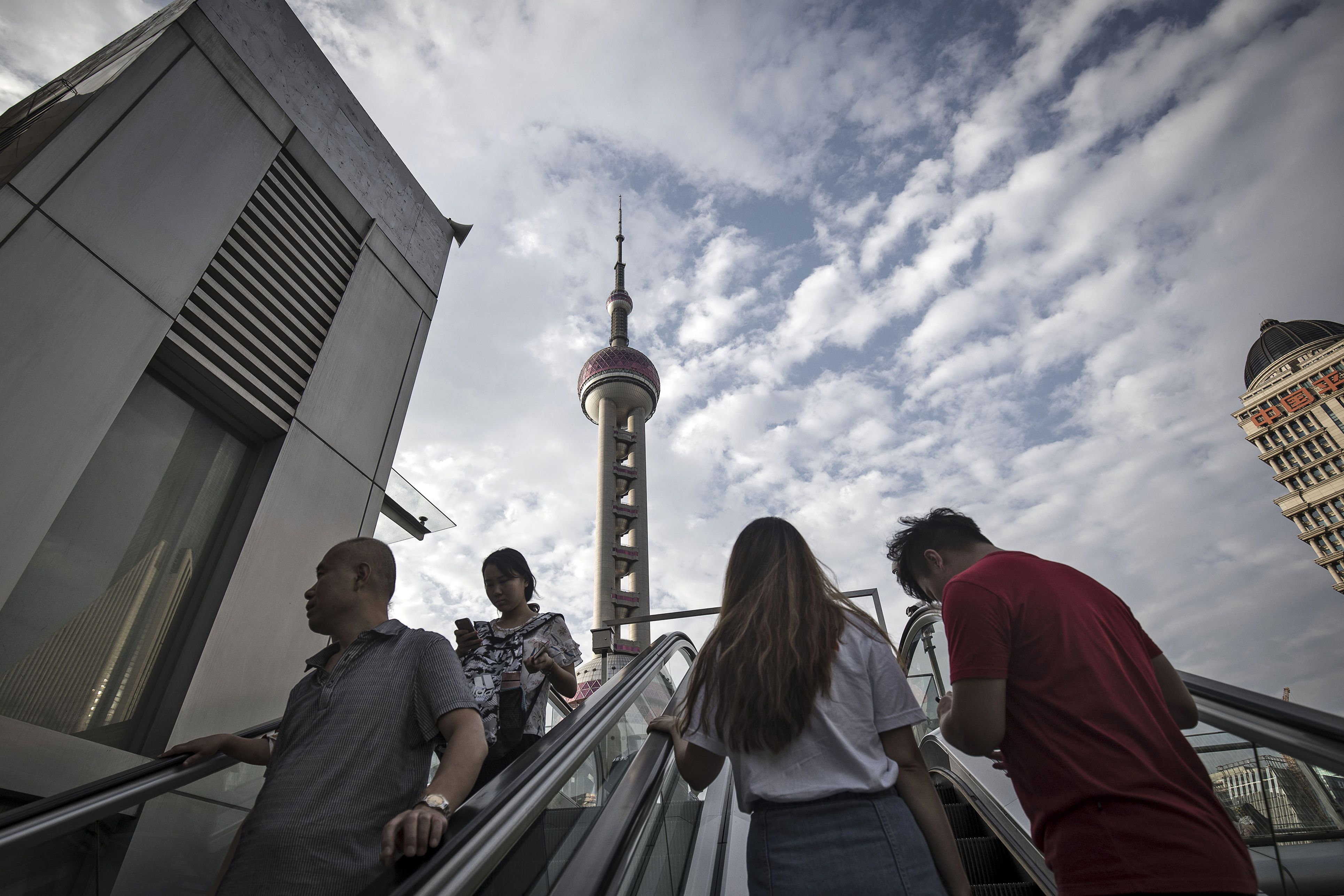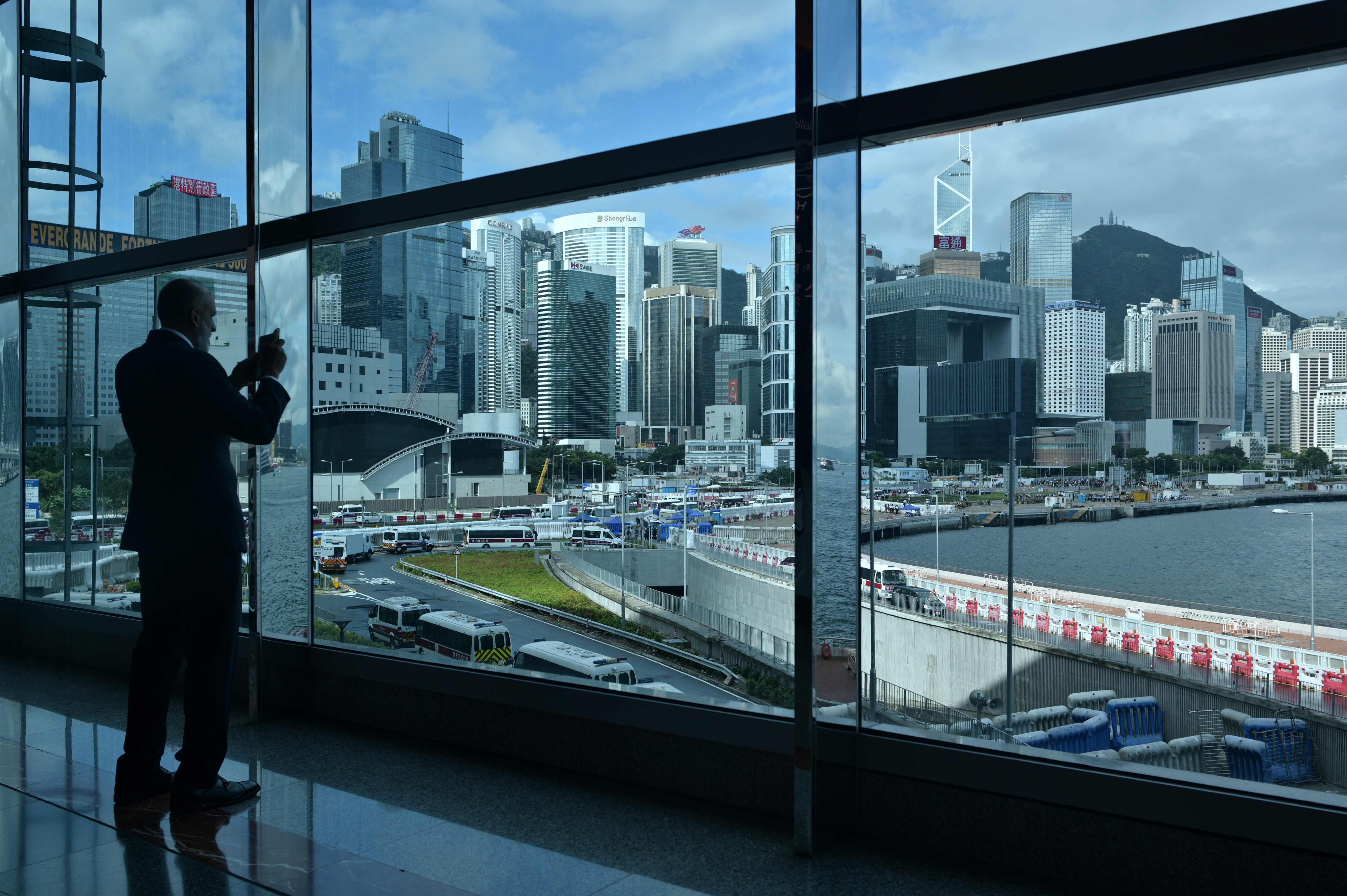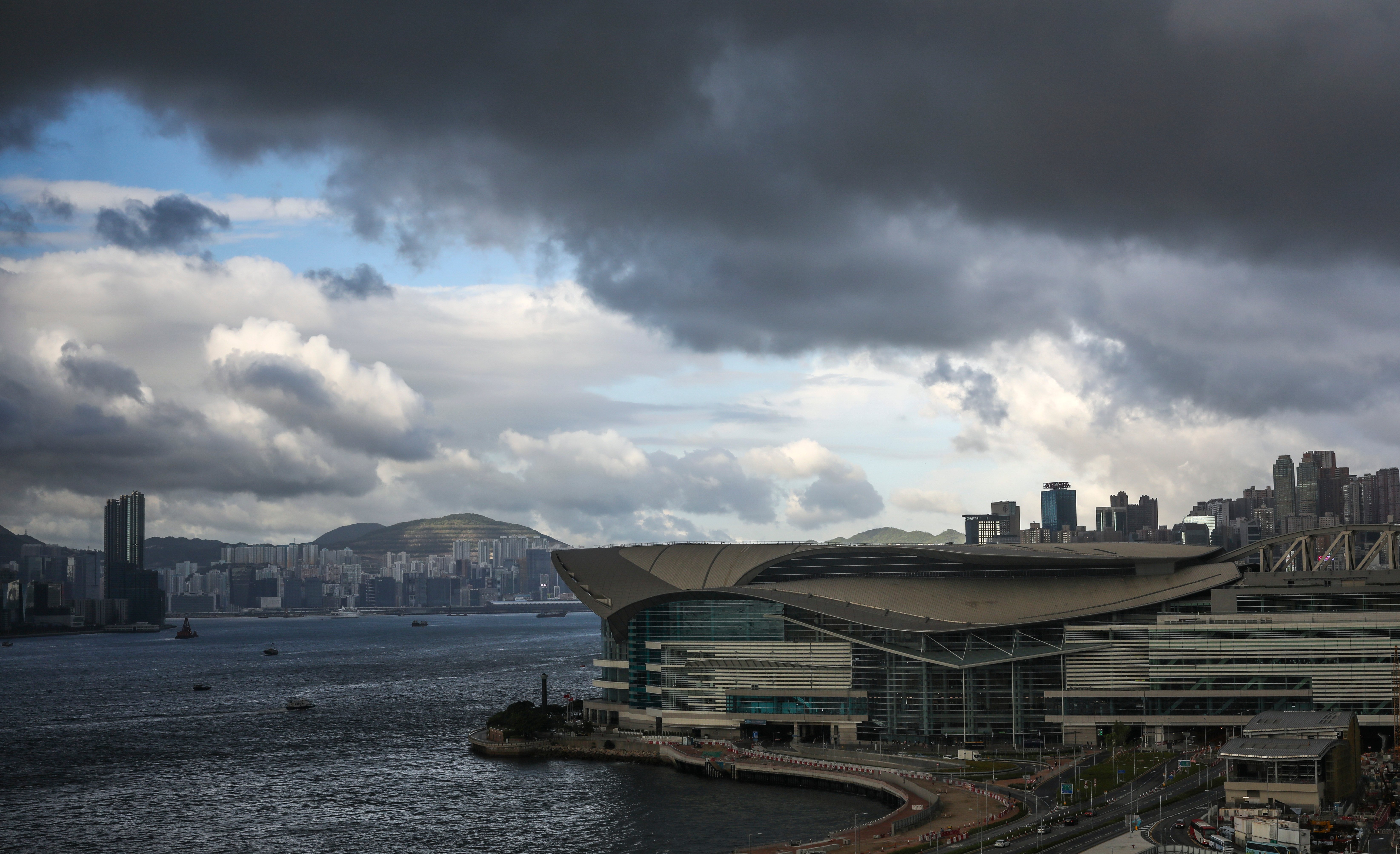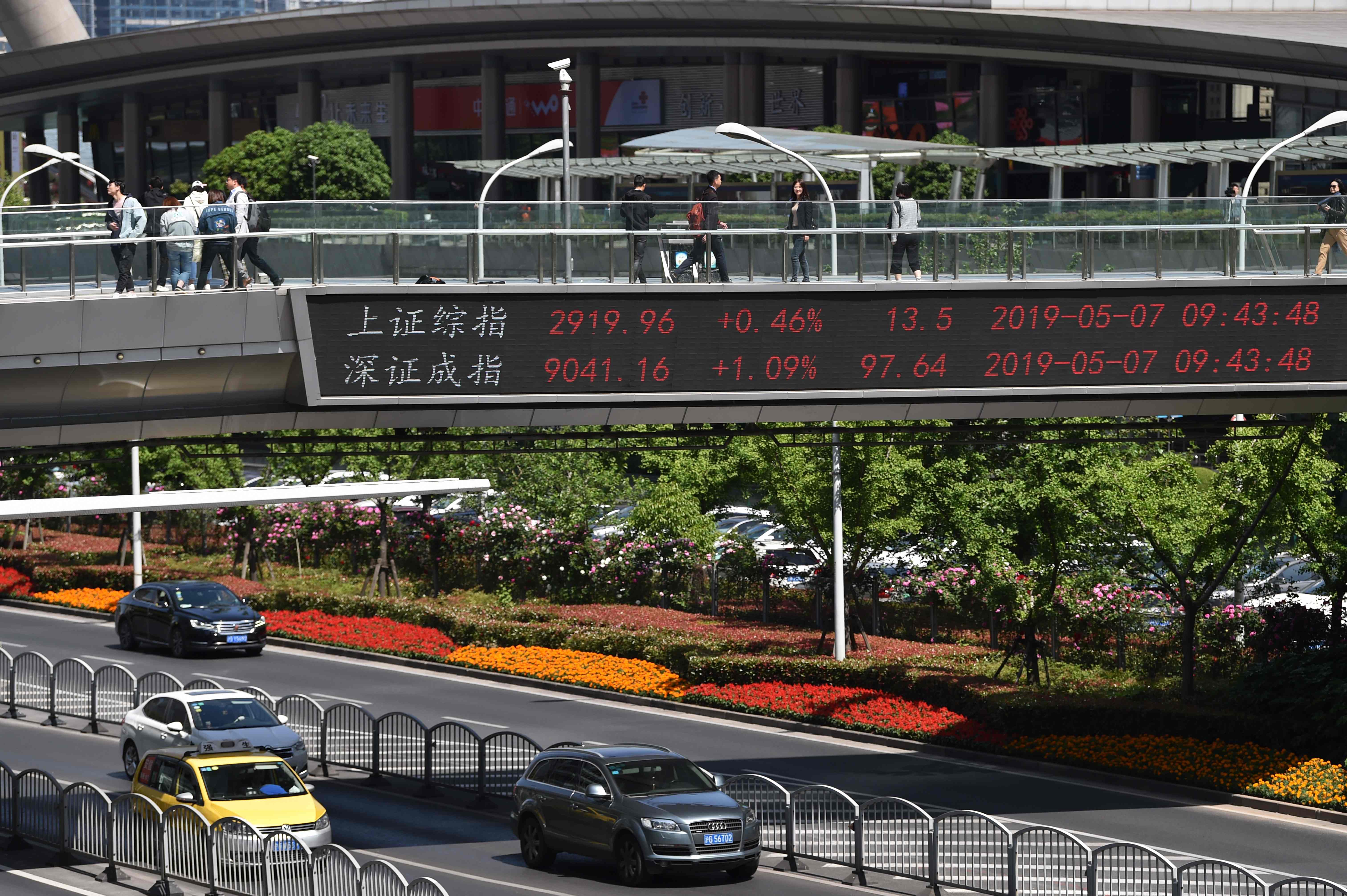Advertisement
Advertisement
Azar Zaidi
The Shanghai Composite Index finished 1.3 per cent higher on Thursday. The CSI 300 gauge of large caps listed in Shanghai and Shenzhen gained 1.2 per cent and the technology focused ChiNext rose 1.9 per cent to 2,069.43.
The Hang Seng Index rose 0.2 per cent to close at 27,949.64 on Friday afternoon. China Mobile rose the most during the abbreviated trading session, rising by 2.35 per cent to HK$69.7. The Year of the Pig, on the whole, closed 0.15 per cent lower.
The Hang Seng Index declined by 1.5 per cent on Thursday, as investors grew weary of the Wuhan coronavirus outbreak. In mainland China, the Shanghai Composite Index closed 2.8 per cent lower, with all A-share market sectors in decline.
Blue-chip stocks increase broadly, as the Hang Seng Index rises 1.3 per cent on Wednesday for its biggest daily gain in nine sessions. Meanwhile, on the mainland, the Shanghai Composite closes 0.3 per cent higher, the Shenzhen Component gains 1.1 per cent and the ChiNext Index climbs by 1.4 per cent.
Advertisement
The Hang Seng Index declined by more than 800 points on Tuesday, falling by the most in a day since August 5. On the mainland, the Shanghai Composite fell 1.4 per cent, its biggest daily loss since November 11, the Shenzhen Component fell 1.5 per cent and the ChiNext Index shed 0.8 per cent.
The Hang Seng Index declined by 0.9 per cent to close at 28,795.91 on Monday, recording its biggest daily loss since December 4, as profit taking set in ahead of Lunar New Year. Stocks listed in Shanghai and Shenzhen advanced, however, in a strong start to the four-day trading week.
Both the Hang Seng Index and Shanghai Composite Index posted a sixth week of gains on Friday. The mainland Chinese benchmark, however, dipped 0.1 per cent to 3,092.29.
The Hong Kong and mainland China markets are – once again – expected to see-saw between optimism over a trade deal between Beijing and Washington and caution about what looks like Iran and the US walking back from an all-out armed conflict.
The Hang Seng Index dropped 0.8 per cent at the close on Wednesday, posting its biggest loss since December 4. The Shanghai Composite Index dropped 1.2 per cent for its biggest loss since December 23.
The Shanghai Composite Index added 0.7 per cent at the close on Tuesday, as traders looked past the tensions in the Middle East to focus on economic fundamentals. The Hang Seng Index rose 0.3 per cent.
The Hang Seng Index shed 0.95 per cent on Monday, with only seven of its 50 constituents recording any gains. Meanwhile, the Shanghai Composite Index dipped 0.012 per cent to close at 3,083.41 points.
It’s here. Bloomberg is reporting US President Donald Trump has signed a “Phase One” trade deal with China, which is bound to push up the Hong Kong and mainland China markets a day after they were boosted by the Federal Reserve’s decision to keep rates unchanged.
The Hang Seng Index climbed 1.3 per cent to close at 26,994.14, recording its biggest one-day gain since November 25.
It promises to be another day of muted activity in the Hong Kong and mainland China equity markets, as eyes once again turn to US-China trade negotiations.
As we move closer to a deadline for new US tariffs on Chinese goods, it promises to be another day of wait-and-see in the Hong Kong and China markets.
The looming December 15 deadline for a trade deal between the US and China could limit any upside in Hong Kong and China stocks, with no specific plan yet in place. US equities rallied on Friday on better-than-expected jobs data, but last week was a bit of a roller-coaster for stocks amid conflicting signs on progress in negotiations between the world’s two largest economies.
The Hang Seng Index hit a one-month low at the close on Friday, ending the day at 25,821. Utilities, local property developers and financial services providers proved to be the biggest drag on the benchmark.
Rebounding MTR shares, mainland Chinese health care and consumer stocks, as well as the Macau casinos lifted the Hang Seng Index into positive territory at the close on Thursday. The benchmark closed 0.3 per cent higher at 26,220.3.
Retailers, financial services providers and utilities were among the biggest losers, while Macau casinos and mainland Chinese telecom services providers were among the biggest gainers. Hong Kong property developers, meanwhile, managed to close above water
Budweiser Brewing Company APAC rises more than 4 per cent on its trading debut. The company’s CEO, Jan Craps, said Budweiser was very optimistic about the bright future of Hong Kong “as one of the most important financial centres in Asia”.
The Hang Seng Index closed 1.28 per cent lower at 25,945.35, while telecoms, electronics and equipment makers led declines on mainland Chinese indices.
The Shanghai Composite closed up 0.28 per cent at 2,823.82. Consumer stocks gave the gauge a lift, and were led by Tsingtao Brewery, which rose by the daily maximum of 10 per cent to its highest level since July 1.
Telecoms led bourses in Hong Kong and mainland China into positive territory on Thursday. China Unicom, the biggest gainer in the city, lifted the gauges on news it was in talks with other mobile carriers to cooperate on building a 5G network. The company is the world's third-largest mobile services provider.
Twenty of the Hang Seng's 50 constituent stocks ended higher compared with only one on Tuesday. The gains were led by Sunny Optical Technology Group, which rose on strong earnings.
Share prices of several major firms on the Hong Kong exchange declined on Tuesday after posting weaker first-half earnings, including China Literature and Macau casino giant Galaxy Entertainment Group.
The benchmark was dragged down by Swire Pacific, the Hang Seng’s worst performer on the day. The parent company of Hong Kong flag-carrier Cathay Pacific Airways shed more than 6 per cent to its lowest level since May 2018, after the airline dropped 4.85 per cent to its lowest level in 10 years.
Trade tensions have reappeared overnight, in US trading hours, and could determine the direction Asian equities take on Friday.
The Shanghai Composite Index added 0.9 per cent to 2,794.55 at the close, snapping a six-day, 6.2 per cent losing streak that sent the gauge to a five-month low. In Hong Kong, the Hang Seng Index rose 0.5 per cent to 26,120.77 at the close on Thursday.
The markets are braced for volatility, with Asian equities set for a mixed start on Wednesday. Hong Kong could be in line for more losses.
The markets in Shanghai and Shenzhen reported losses in early afternoon trading amid thin turnover, as concerns about the US-China trade war continued to dominate sentiment.

